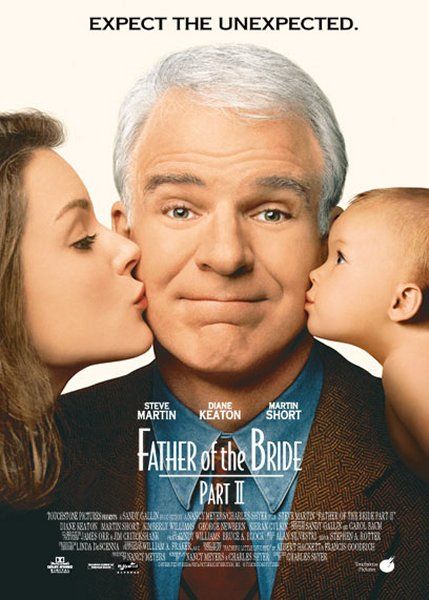Reality TV Star Details How Media Impacts Relationships
By Movieguide® Contributor
In today’s digital age, media wields immense power over the minds of young people. From movies and television to social media and online content, the messages conveyed through these platforms can shape values, beliefs, and behaviors. Jep Robertson, known for his role on “Duck Dynasty” and his work in faith-based media, offers valuable insights into this phenomenon.
Jep emphasizes the profound influence that media has on youth. “It’s amazing to me… movies and television will influence our youth,” he states, highlighting the critical role that content plays in shaping young minds. He believes that the media consumed by young people can either uplift and inspire or lead them astray.
Robertson’s perspective is rooted in his own experiences and observations. He notes that the values and behaviors depicted in media often become a reference point for young people. This can be particularly impactful during their formative years when they are still developing their sense of identity and moral compass. “Seek good counsel, don’t bind to the lie. Who you put yourself around is really important,” he advises, underscoring the importance of positive influences.
Jep’s commitment to creating and promoting faith-based and family-friendly content stems from his desire to provide alternatives to the often negative and harmful messages found in mainstream media. He believes that by offering wholesome content, he can help guide young people towards positive values and behaviors. “Our whole relationship has been built off of Him,” he reflects, emphasizing the central role of faith in his life and work.
The impact of media on youth is not limited to entertainment. Social media platforms also play a significant role in shaping young people’s perceptions and interactions. The constant exposure to curated images and messages can create unrealistic expectations and pressures. Jep’s advice to seek good counsel and surround oneself with positive influences is particularly relevant in this context.
Robertson’s insights highlight the responsibility of content creators to consider the impact of their work on younger audiences. By producing content that promotes positive messages and values, they can contribute to the healthy development of young minds. “Don’t bind to the lie that God wouldn’t want you to be unhappy. God wants you to be happy and have all these things,” he says, reinforcing the importance of aligning media messages with positive and faith-based values.
In conclusion, Jep Robertson’s reflections on the influence of media on youth underscore the need for mindful and responsible content creation. By offering positive alternatives and promoting wholesome values, media can play a crucial role in guiding young people towards a brighter and more fulfilling future.
Questions or comments? Please write to us here.


 - Content:
- Content: 

